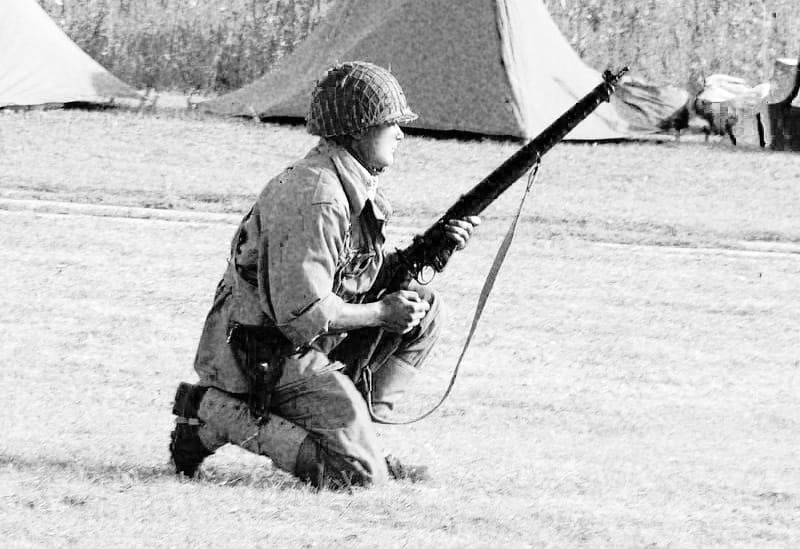As the U.S. ends its longest war ever, in Afghanistan, former Army Lt. Col. Daniel Davis explains why he thinks America can’t seem to win wars, anymore.
Watch the report at the link below. Transcript follows.
https://fullmeasure.news/news/one-on-one-interviews/military-strategy-07-09-2021
From Afghanistan to Iraq, a lot of military observers say America can’t seem to win wars even though we have the most powerful military on the planet. A new book examines why. It’s called The 11th Hour in 2020 America: How America’s Foreign Policy Got Jacked Up And How The Next Administration Can Fix It. I recently spoke with the author, Former Army Lt. Col. Daniel Davis. I began by asking about a controversy in 2012 when he went public with a report that claimed the surge of U.S. troops in Afghanistan wasn’t a success.
Sharyl: What was the upshot of what you said?
Davis: The upshot is that the senior leaders of our military and Defense Department knowingly were telling America that the war was getting better when they knew that it was not, and it was going bad and if something doesn’t change, we were going to continue to eventually suffer a strategic defeat, which I think has happened in the last eight years
Those revelations brought Davis national notoriety, as an active duty military officer blowing the whistle on how the U.S. war in Afghanistan was heading toward failure. Some likened Davis to anti-Vietnam war activist Daniel Ellsberg, who in 1971 released the Pentagon Papers— documents detailing how 4 administrations had misled the public about the degree of U.S. involvement in Vietnam. Because the documents were highly classified, Ellsberg was charged with espionage and conspiracy. During trial, it was learned the FBI illegally wiretapped Ellsberg and the case against him was dismissed.
Sharyl: Why would you say, in a nutshell, it is that America can’t seem to win wars?
Davis: I believe that the most concise answer is because we don’t understand what it means to even win wars. And I don’t know if it’s the fact that the civilian leaders just don’t really understand what the military can do. It’s wishful thinking. They hope that it works out this way. I’m not sure. But what I am absolutely sure about is that the missions that we have given the military, over two decades at least, are militarily unattainable, and they’re not even connected to a strategic outcome. And that is the biggest problem.
Sharyl: It seems like as part of these wars, like in Afghanistan, after seeing what our troops are tasked to do, I would describe it as a lot of social work. Because they go into Afghanistan and they’re supposed to rebuild the schools and tell the women that they can be anything they want to and get them involved in government and law enforcement, and things that seem far removed from fighting a war.
Davis: Oh yeah, absolutely. And I saw that, I mean, as I was going through Afghanistan in 2010 and 2011, I talked to all these brigade commanders, battalion commanders, company commanders, troops on the ground, the guys who actually went on the patrols, and that was all they were always talking about was, “We have built this many schools, we built this many kilometers of roads. We help these people here. We brought food into this place.” And those are all nice things. But what does that have to do with winning a war? And how is that ever going to result in a military unit ending a war?
That brings another comparison to Vietnam. The U.S. military strategy intended to win the “hearts and minds” of Vietnamese civilians against the communist Viet Cong was largely considered a failure.
Davis: And then when you get into the more complicated situations like, well, let’s have the government be less corrupt, let’s have them be more effective and more efficient. Well, those aren’t military tasks at all. And we’re neither equipped to do that and it’s just not something that the military is ever designed to do. But that’s what we’re trying to make them do.
Sharyl: Is there any financial motivation to fight wars in the inefficient way that you described, do you think?
Davis: Well, I mean, there is, it’s beyond question that there is. And a lot of it’s not so much that people are running around in the shadows and rubbing their hands and saying, “Yay, we can make a lot of money.” It’s usually cloaked in patriotism and, “We need this to defend our country and we have to have this bulwark out there and so we need all of these extra troops here. We need to keep them there to keep from being attacked. And yeah, that ends up making us money. So that’s good.”
Sharyl: But who’s making the money? Are we talking about defense contractors, people who support the troops and build the equipment and so on?
Davis: Yeah. I mean, look, we got to be honest. And the fact is that many of these members of Congress that either support these wars or fund them or refuse to end them are also the ones, it’s just a fact, are the ones that get the biggest financial contributions from defense contractors and companies that make money off of these things. And then they have all these lobbyists that they spend millions of dollars every year convincing all these people, all these members of Congress, it’s in your interest to do this. So, you see those things and it’s people, it’s a symbiotic relationship. And the net result is these wars keep being fought.
Sharyl (on-camera): Davis says the big takeaway from his book is: Keep a strong military and use it to defend from any attack — but use diplomacy to deal with other problems.




Published an article in the St Louis Post Dispatch “Could the US Win WW2 Today.” It’s the will to win and how we fight.